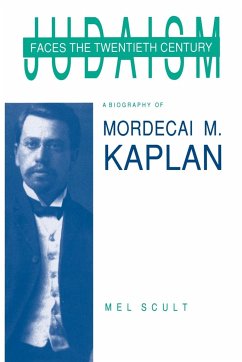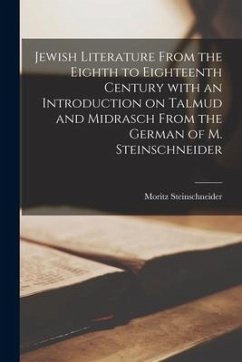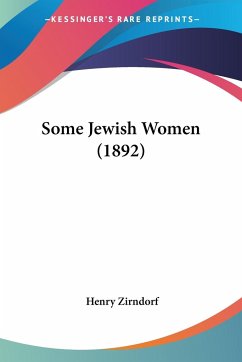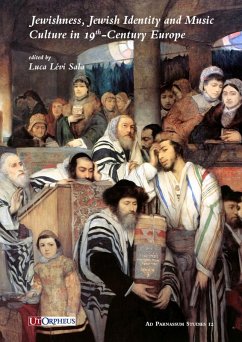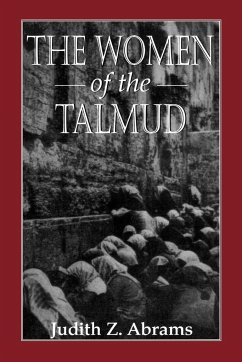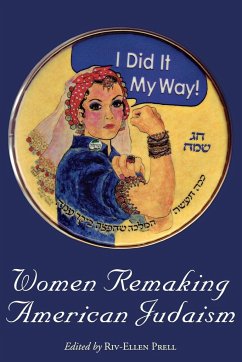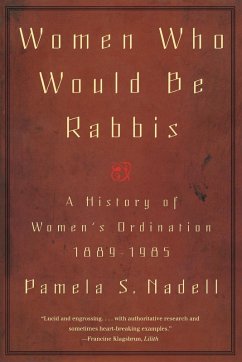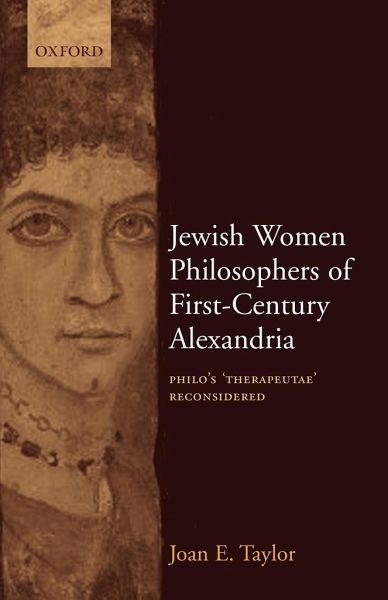
Jewish Women Philosophers of First-Century Alexandria
Philo's 'Therapeutae' Reconsidered

PAYBACK Punkte
41 °P sammeln!
The first-century ascetic Jewish philosophers known as the 'Therapeutae', described in Philo's treatise "De Vita Contemplativa", have often been considered in comparison with early Christians, the Essenes, and the Dead Sea Scrolls. This study, which includes a new translation of "De Vita Contemplativa", focuses particularly on issues of historical method, rhetoric, women, and gender, and comes to new conclusions about the nature of the group and its relationship with the allegorical school of exegesis in Alexandria. Joan E. Taylor argues that the group represents the tip of an iceberg in terms of ascetic practices and allegorical exegesis, and that the women described point to the presence of other Jewish women philosophers in Alexandria in the first century CE. Members of the group were 'extreme allegorizers' in following a distinctive calendar, not maintaining usual Jewish praxis, and concentrating their focus on attaining a trance-like state in which a vision of God's light was experienced. Their special 'feast' was configured in terms of service at a Temple, in which both men and women were priestly attendants of God.
The "Therapeutae" were a Jewish group of ascetic philosophers who lived outside Alexandria in the middle of the first century CE. They are described in Philo's treatise De Vita Contemplativa and have often been considered in comparison with early Christians, the Essenes, and the Dead Sea Scrolls. But who were they really? This study focuses particularly on issues of history, rhetoric, women, and gender in a wide exploration of the group, and comes to new conclusions about the "Therapeutae" and their relationship with the Jewish allegorical school of exegesis in Alexandria. The volume includes a new translation of De Vita Contemplativa.





